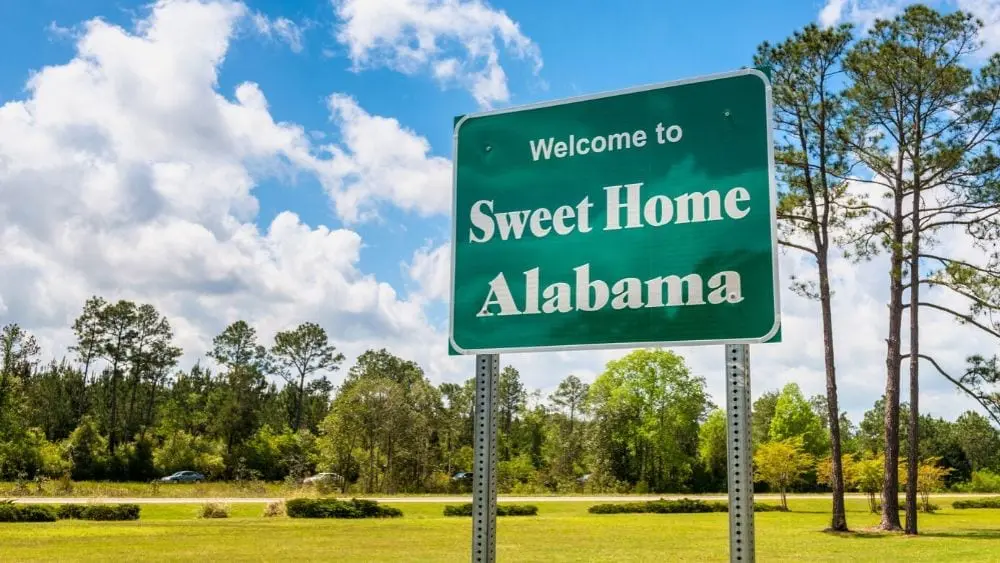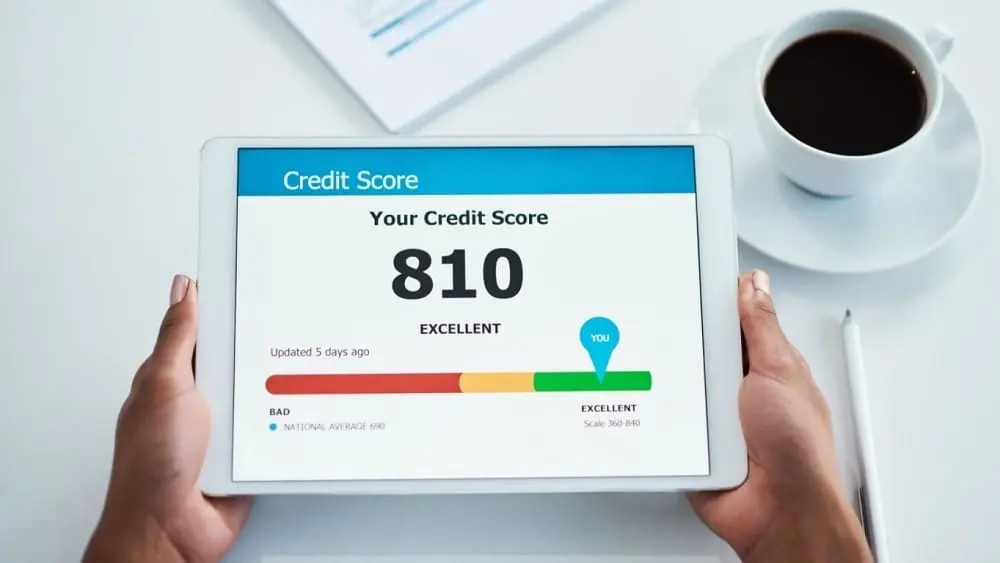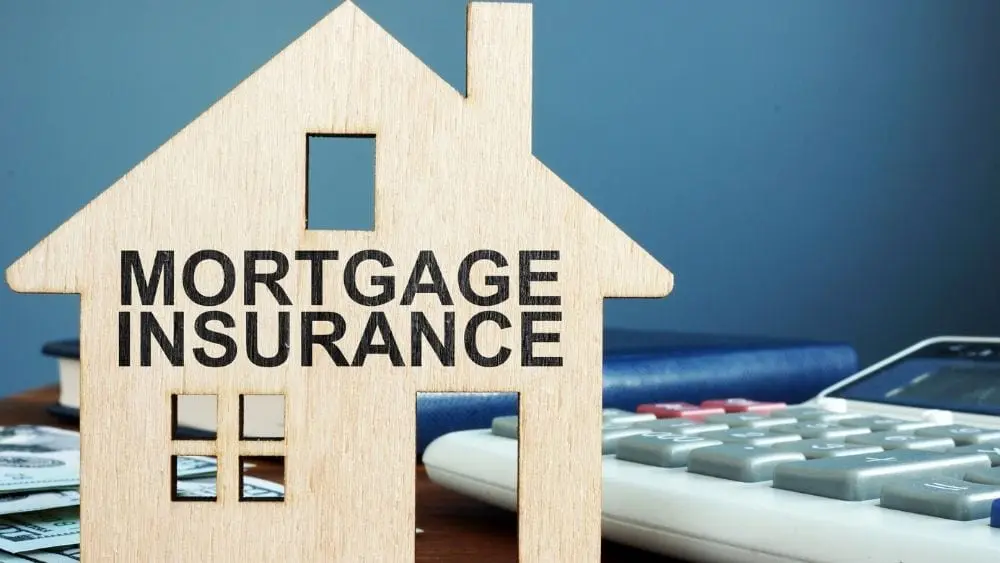
You’ve secured a competitive rate for a home loan, saved a down payment, and you’re ready to make Alabama your sweet home. But there’s one more expense: closing costs.
Closing costs are one of the final expenses homebuyers need to consider before they receive the keys to their new home. In a nutshell, they encompass all the administrative and legal services, such as an origination fee, title search, appraisal, and home inspection. For convenience’s sake, these fees are cobbled together and paid in a lump sum on closing day. But that means the bill can total up to thousands of dollars – on top of your down payment. And, for the most part, homebuyers in Alabama are usually on the hook for these costs paid to third parties.
So how much are closing costs in Alabama and how can homebuyers cut back on this expense? Here’s our guide to closing costs in the Yellowhammer State (their state bird), and how Alabamians can try to save some cash.
How Much are Closing Costs in Alabama?

Nationally, Americans should expect to pay about two to five percent of their mortgage in closing costs. But that will vary depending on the state you live in, along with the home’s price.
In 2020, for example, the national average for closing costs for the purchase of a single-family home was $6,087 (including taxes), according to a 2021 report by ClosingCorp.
If you’re curious, the states with the highest average closing costs in 2020 were District of Columbia, New York, Pennsylvania, Washington and New Jersey, while those with the lowest were Missouri, Indiana, Arizona, Arkansas and Iowa.
There’s some relief for Alabamians too: Based on ClosingCorp’s data-crunching, Alabama is the eighth state with the lowest closing costs. Expect to pay $1,885 (including taxes) on a new home priced at $153,826. That makes up just 1.23 percent of the home’s purchase price. Keep in mind, these figures are based on a homebuyer applying a 20 percent down payment, so they don’t need to factor in private mortgage insurance.
Here’s another bonus: in Alabama, buyers and sellers negotiate who is going to pay for which components of the closing costs; it can also be evenly split.
Your closing costs are due when you sign off on your home loan on “closing day.” This is typically when your down payment is also due, which makes for one expensive day.

What’s Typically Included in Alabama Closing Costs?
With a price tag of nearly $2,000, on average, what are homebuyers in Alabama paying for with their closing costs? You can categorize your expenses into two columns: property-related fees, like a title search and a home inspection, and mortgage-related fees, such as setting up your loan and securing private mortgage insurance.
Here’s a closer look at what to expect in the breakdown of your closing costs bill:
Loan origination fees
You can expect loan origination fees to make up the largest chunk of your closing costs in Alabama. This fee, which is typically about 1 percent of your loan amount, is charged by your lender for underwriting and preparing your home loan.
Credit report fee

Your lender will need to check your credit score before offering you a loan to make sure you’re a responsible borrower. This will set you back about $25.
Taxes and recording fees
Homebuyers in Alabama are bound to come across “real estate transfer taxes” at some point prior to closing. These are local and state government taxes that are paid as the seller transfers the home to the buyer – and they’re usually paid by the buyer.
The real estate transfer tax is about $0.50 per $500 of your home’s purchase price.
Alabamians taking out a mortgage need to pay for a recording fee to the tune of $0.15 per $100, too.
Attorney fees
In Alabama, attorneys and title companies handle closings, so you’ll need to pay up for this protocol, too. Some homebuyers pay extra to have their attorney review all contracts and paperwork.
Escrow fees
Homebuyers need to pay the title company that’s helping them manage their closing costs and keeping their funds in a third-party escrow account; these are released when the ink is dry on the home sale. Your title company is the neutral third party between you, the buyer, and the seller or home builder.
Title companies take care of all of the nitty gritty details that need to be ironed out, from your title policy, to homeowner’s insurance right down to acting as the facilitator on closing day. You can expect to pay up to $800 to your title company in Alabama, but this cost is often shared by the buyer and seller.
Private mortgage insurance

If you aren’t providing a 20 percent down payment, you’ll need to pay for private mortgage insurance. PMI allows borrowers to qualify for a conventional loan even if they only put down five to 19.99 percent of their mortgage. It’s typically arranged by your lender in Alabama and issued by private insurance companies.
To be clear, while you’re paying for the insurance, the coverage isn’t for you; because you do not put down 20 percent, PMI covers any risk lenders take in case of loan default.
PMI ranges from 0.25 percent to as high as 2.25 percent of your outstanding loan balance, depending on the size of your down payment and credit score.
Title search
When you buy property, whether it’s a new build or an existing home, you must confirm that you’re going to own it free and clear. Your title company will conduct a title search to ensure the land has no liens or lawsuits in progress. This comes with a fee that ranges between $300 to $600, or more depending on the complexity of the historical records in Alabama.
Title insurance
While you’ve completed your due diligence with a property title search, you’ll also need title insurance as a safeguard. If the title search misses something, title insurance acts as a second layer of defense so you aren’t responsible for any surprises. Your lender may make this a mandatory purchase in Alabama.
Homeowner’s insurance
In most cases, your lender will require you to take out homeowner’s insurance and have the first six months to a year of coverage paid in full at closing. Homeowner’s insurance is critical to have in effect by closing because it’ll cover any physical damage to your home caused by fire, wind, vandalism, or theft.
This is a “prepaid” expense, meaning it must be paid in cash at closing and can’t be rolled into your home financing.
Appraisal and home inspection fees
Appraisals and home inspections hold a lot of weight in the homebuying process, with real estate deals hinging on successfully clearing these two steps.
Your lender will require that you pay for a home inspector to visit the property to make sure it’s in sound condition; they will also send an appraiser to ensure they’re loaning you the right amount for your purchase.
In Alabama, each of these checks will cost you about $300 to $600, depending on your location and the size of your property.

How Can I Lower my Closing Costs in Alabama?
If there’s a will, there’s a way. Homebuyers in Alabama can shave off a good portion of their closing costs via several different strategies. These include:
Closing cost assistance
Statewide and local homeownership programs for first-time homebuyers and repeat homebuyers are a godsend. They can offer financial help in the form of down payment assistance, closing cost assistance and even mortgage credit certificates that are generous tax breaks that last for the life of your home loan.
The Alabama Housing Finance Authority’s Affordable Subsidy Grant is worth checking out. It provides grants worth up to 1 percent of your loan amount to help cover off your closing costs. To qualify, you must have a credit score of 640 or higher, a maximum debt-to-income ratio of 45 percent and you’ll need to complete a homeownership education course.
If you live in Decatur, Huntsville, Mobile, Opelika, and Tuscaloosa, financial assistance worth up to $10,000 is also up for grabs via local homeownership assistance programs. Check out the full list of Alabama homebuyer programs. While some come in the form of zero percent interest loans, others are grants, which means you won’t have to pay back a penny if you qualify.
No-closing-cost mortgages
Another way to avoid closing costs is to decide on a “no-closing-cost” mortgage. In this case, your mortgage lender agrees to pay for part or all of your closing costs, but you in turn pay a higher interest rate.
In the long run, this could cost you more money because of the bump in your interest rate but for some homeowners, it may be their best choice.
Adding closing costs to your home financing
If you don’t have the upfront cash to cover your closing cost expenses, you may be able to roll this into your home loan. The downside? Your monthly mortgage payments will be a bit higher, and you’ll have to pay interest on the closing costs that are tacked onto your first mortgage.
Check with your lender to see if this option is available. Not all closing costs can be included because some, such as homeowner’s insurance, must be paid for upfront.
Seller concessions
Whether you’re buying a new build from a property developer or you’re buying a repeat sale home, there is some negotiation wiggle room.
If you’re buying a new home but need to pay for upgrades, you may be able to compromise with your builder so they cover your closing costs. This will allow you to free up cash to upgrade appliances or add in hardwood floors or crown molding.
If you’re buying an existing home, you could negotiate with your seller to have them cover a portion of your closing costs. You could, for example, accept a seller’s sale price on the condition that they agree to pay for your closing costs. If you’re in a buyer’s market, you could ask the seller to cover your closing costs so they can close the deal.
Looking to save even more? Try moving to one of the more affordable cities in Alabama to ensure you are getting the best bang for your buck. Whether you’re looking to start a family or retire to the home of the Crimson Tide, NewHomeSource.com has you covered!
Other Alabama Resources

Carmen Chai is an award-winning Canadian journalist who has lived and reported from major cities such as Vancouver, Toronto, London and Paris. For NewHomeSource, Carmen covers a variety of topics, including insurance, mortgages, and more.
 Builders Look for Lumber Alternatives as Price Soars
Builders Look for Lumber Alternatives as Price Soars